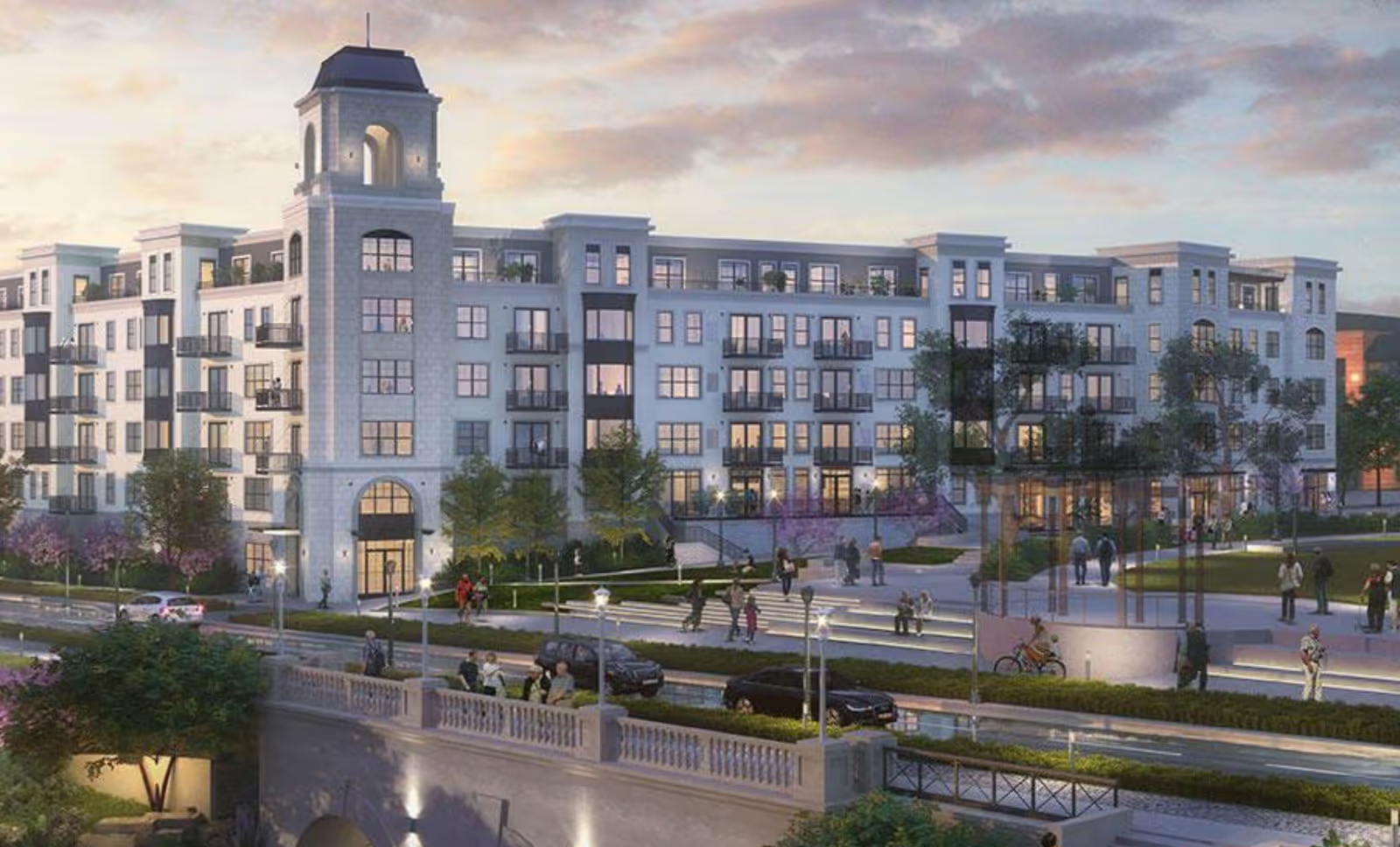Tellurian Crawford House, located in Madison, Wisconsin, is a small senior living community with just 7 licensed beds, so it's a place where people really get to know each other, and the staff can give plenty of personal attention. Supported by AbleLight, a nonprofit, they're able to offer care to people with developmental disabilities, and because they're part of the Mercy Health System, you'll find access to nurses, doctors, and help with hospice or home health care if that's ever needed, alongside internal medicine practitioners and geriatric social services. This place covers a lot, offering things like medication management, 24-hour supervision, memory care, and even support with activities of daily living such as bathing, dressing, moving around, eating if needed, or help using the bathroom, so residents get the level of help they need without feeling rushed.
They try to address all areas of well-being-including emotional and spiritual health-and they run programs for addiction, mental health recovery, and support people who have both mental health conditions and substance use issues, which is something always worth mentioning. They've got exercise and parenting classes, and connections with the Aging & Disability Resource Center mean there's caregiver support, wellness programs, and transportation help, plus links with local offices in Grant, Iowa, and Lafayette counties, so families know people aren't getting left behind. The house uses a comprehensive system where everyone gets an individual service assessment, and care plans change if needs change, which is important for both safety and comfort.
The building has a dining room with nutritious meals, offers specialty diets like for people with diabetes or food allergies, and there are snacks and a café area for in-between. Residents can choose from private and semi-private rooms-some are studios, some are one-bedroom or shared apartments-and rooms are furnished, come with either cable or satellite TV, and have a telephone and Wi-Fi, so people keep in touch. There's a big living room, a games and entertainment room, a theater, a library nook, and you'll usually find scheduled daily activities, arts and crafts, education sessions, movie nights, and chapel service if anyone wants to attend.
They pay attention to safety too, with emergency alerts, secure entries, services for those who need someone to walk with them, and wheelchair accessibility. For those with Parkinson's, there are special programs, plus regular health checks and reminders or administration of medicine, including full coordination with healthcare providers. Amenities like outdoor walking paths, a courtyard, a garden, and outdoor decks let people get fresh air, and, if someone loves to be outdoors, there's always a chance to enjoy it safely. Housekeeping, laundry, linen changes, and move-in help are all covered, and vacuuming or dusting gets handled by staff, so no one has to worry. There's massage therapy, a wellness center, concierge services, and even fall prevention programs-the kinds of things that give peace of mind to families, especially in the case of people who've had a fall before.
Transportation services are available for doctor visits or personal errands, and staff help arrange rides, so trips out are less difficult. They don't accept Medicare unless they're certified by the Centers for Medicare & Medicaid Services, so families will want to check on payment in advance. It's a licensed Community Based Residential Facility, but because it's a small, close-knit home, everyone's needs tend to be noticed quickly, whether for help with daily activities, therapy services, or just having someone to chat with over coffee in the café.







